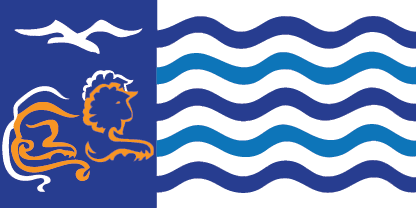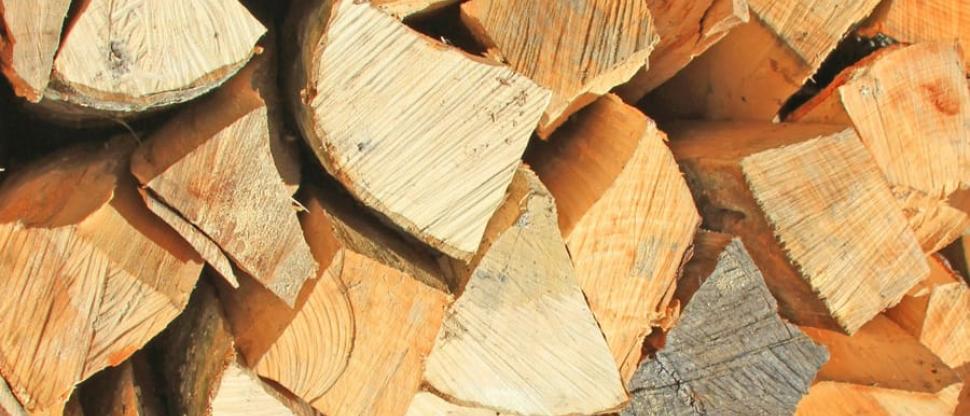Click Here for Resources and Tips on Wildfire Smoke
With no natural gas in Lions Bay, wood combustion is a significant heat source for many residences. Residential wood smoke is one of the most significant sources of fine particulate matter (PM2.5) in Metro Vancouver, with significant impacts on human health. Burning smarter will help you have a more enjoyable experience, make cleanup easier and help reduce smoke and pollutants for both you and your neighbors.
Online Declaration for Wood Burning Appliances
Despite Lions Bay land use designation change under the MVRD Regional Growth Strategy from General Urban to Rural, and move out of the Urban Containment Boundary (UCB), the prohibition on wood burning from May 15 to September 15 applies to all residents of Metro, and all persons burning wood during the year must declarare compliance with best burning practices (see Residential Indoor Wood Burning System).

